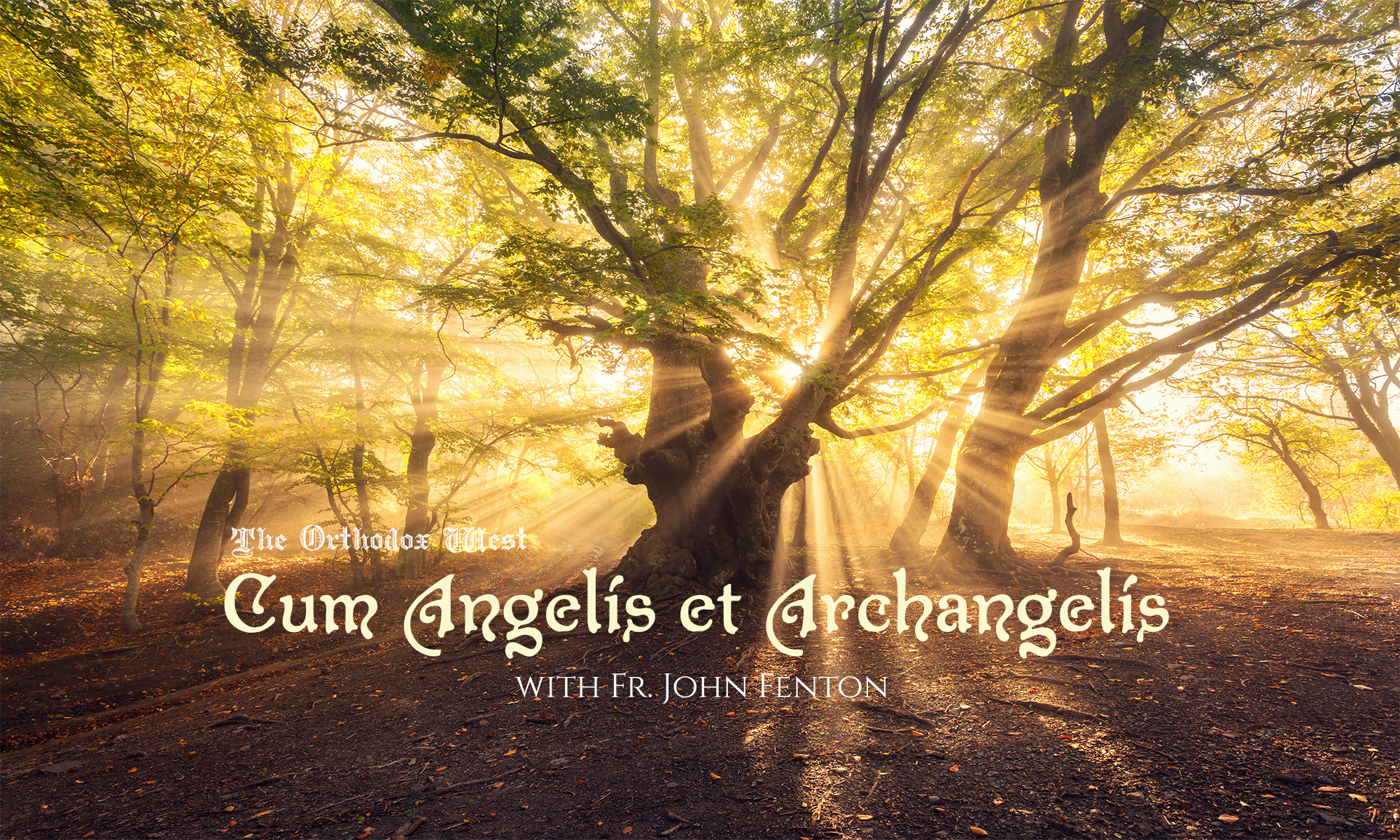Of all the words said and sung during Holy Mass, one of the most often used is the word “mercy.”
At the beginning of the Mass when we confess our sins, we pray Almighty God to have mercy on us, forgive us our sins, and bring us to everlasting life. During the Kyrie, we plead with Our Lord nine times to have mercy upon us. When we sing the Gloria in Excelsis, we ask the Lamb of God, the Son of the Father who takes away the sin of the world and sits at the right hand of the Father, to have mercy upon us. During the Collect, we often beg Our Lord to hear and grant our prayer based on His mercy. Right before we receive the Lord’s Body and Blood, we again pray the Lamb of God who takes away the sin of the world to have mercy upon us. And in one of the prayers before approaching the Altar, we beseech Our Lord Jesus Christ to let our eating and drinking not be to our judgment, but of His mercy, to let the Blessed Sacrament preserve us in body and soul and show forth within us His healing. Continue reading “The Mass Gives Mercy”
